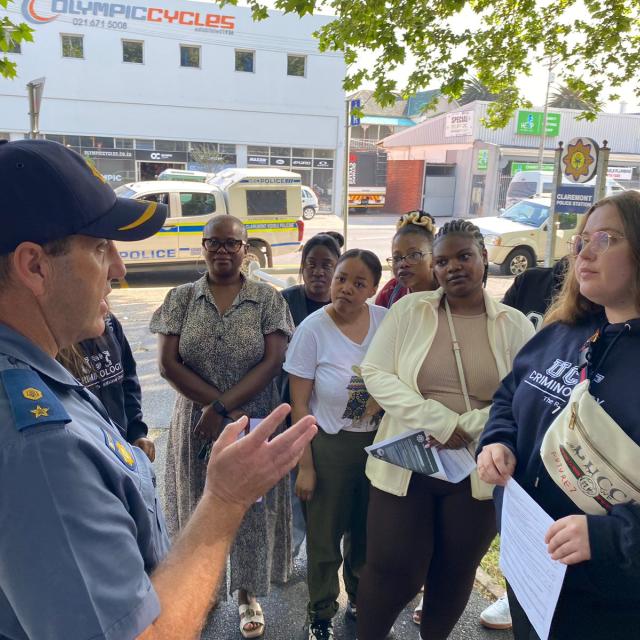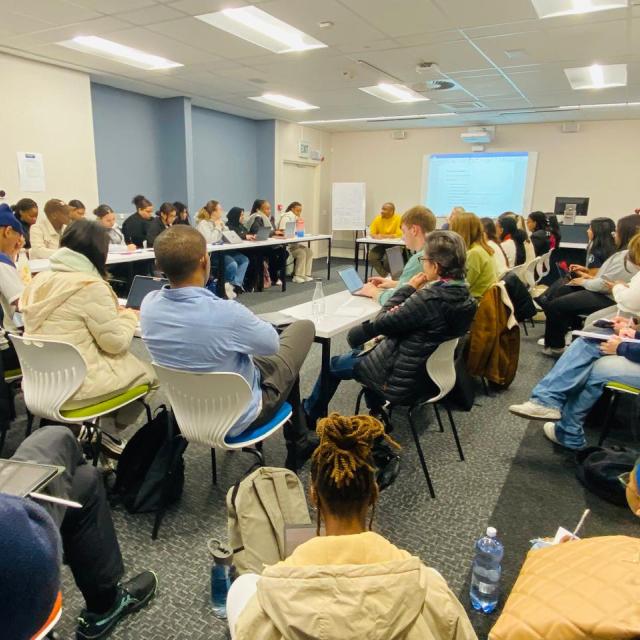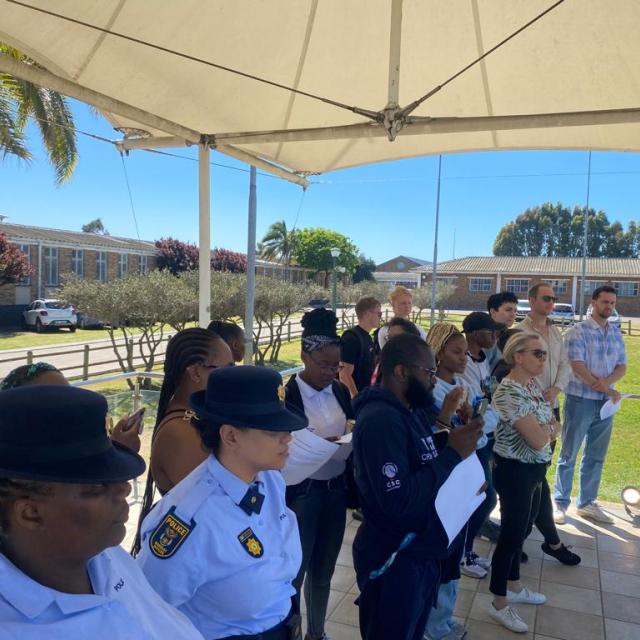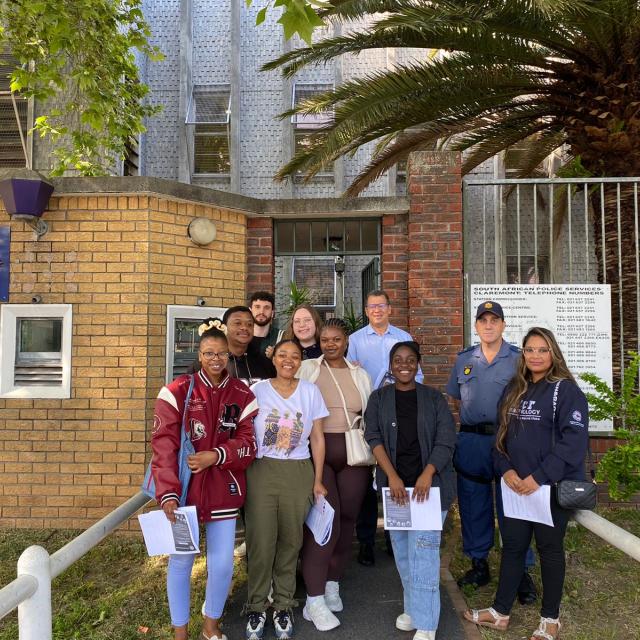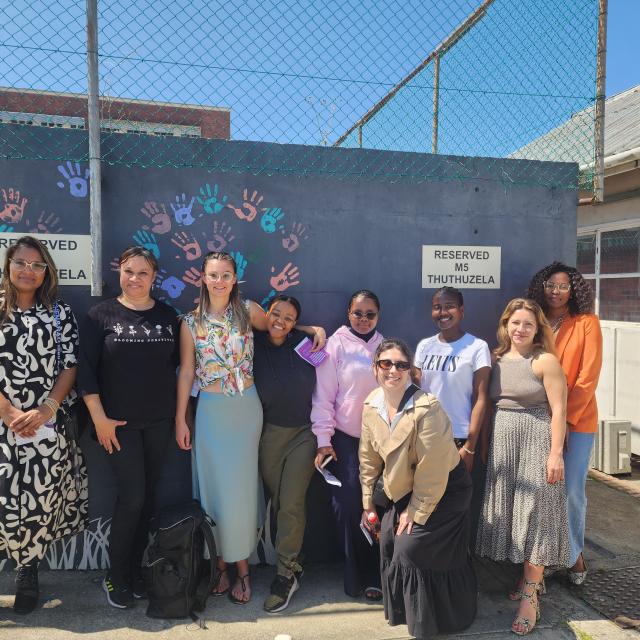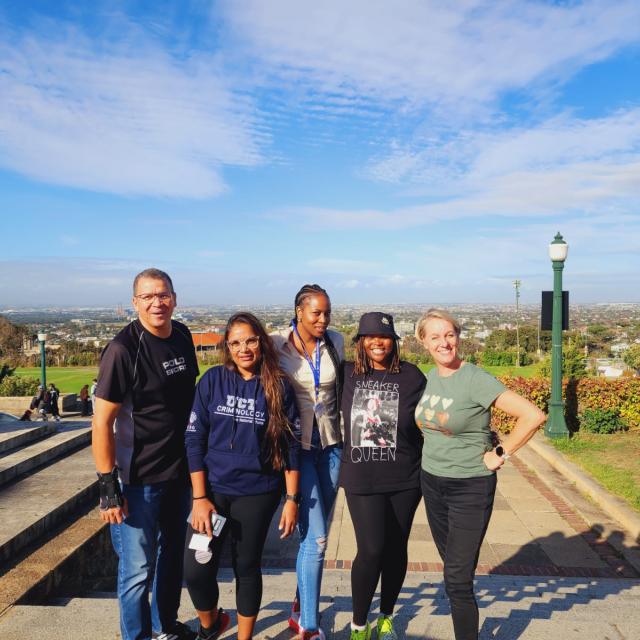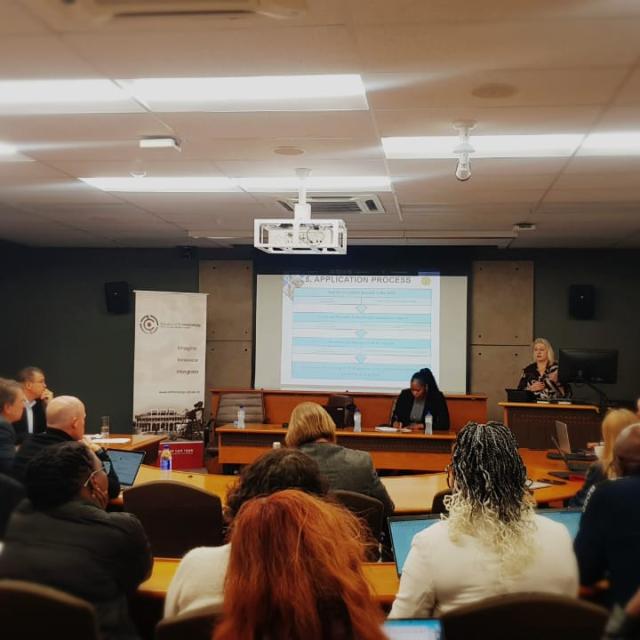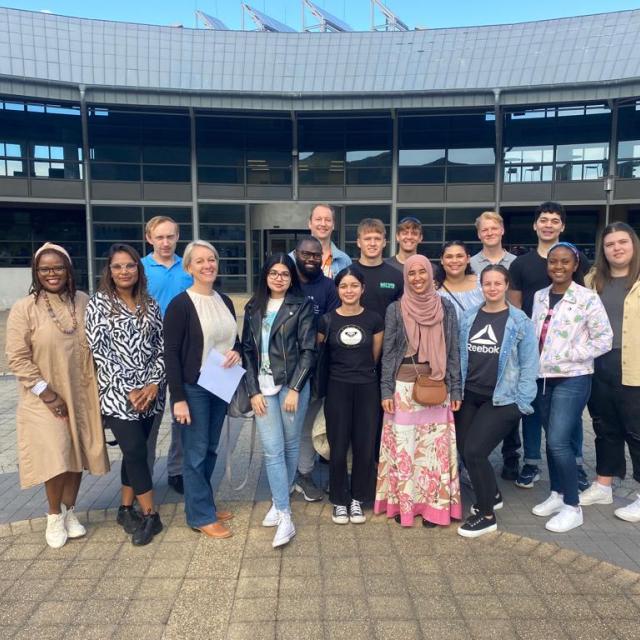
The Centre (previously, Institute) of Criminology at the University of Cape Town was established in the 1970s as a multidisciplinary, inter-faculty research and teaching unit, anchored in the Faculty of Law to maximise its influence on criminal justice practitioners and policymakers. Its goal was not to promote conservative “law and order”, but to critique and challenge Apartheid state control.
It continues this tradition of critical, activist scholarship, informed by an awareness of how formal criminal justice can conflict with wider, more substantive notions of justice.
The Centre explicitly focuses on criminology research and teaching (and the nexus between the two) at a time when conversations about crime and violence are critical; and brings an explicitly Southern-focused theoretical orientation that encourages work that straddles the law and humanities intellectual space. Whereas criminology departments at other South African universities typically prioritise undergraduate teaching, the Centre’s teaching focus is postgraduate study and on developing the next generation of researchers and practitioners who will advance the field.
Knowledge creation is the Centre’s key strength. Subjects of research focus are frequently updated to remain topical, practically relevant, innovative, and engaged with the global criminology conversation. The constant is that its analysis is Africa-focused and globally engaged, working to stretch the boundaries of criminology in ways that respond to changing international, regional, national, and local landscapes of theory, pedagogy, policy, and practice related to crime. Recent years have seen research work on, among other broad areas:
- The crimes of the state
- The intersections of state and non-state justice systems
- Criminal justice policy challenges in developing country contexts
- The history and challenges of public, private, and community-driven policing
- Police reform and accountability
- Gender-based violence, law reform, and policy implementation
- Organised crime and its impact on governance, democracy, livelihoods and the environment
- Environmental justice
This work has been influential in the spheres of academia, policy, and practice on local, national, regional, and global levels. The Centre draws on existing partnerships with the private sector, state agencies, communities and non-governmental organisations to undertake its research, and to make connections between the classroom and practice.
The Centre’s current priority is to play a key role in connecting, building, and promoting the scholarship of the Global South, to build policy-relevant empirical evidence on crime, violence and safety, and to foster the next generation of African criminologists. In October 2021, it hosted an online colloquium entitled Taking Stock: (South) African / Southern / Postcolonial / Decolonial Criminology in the 2020s? Participants included academics from more than 10 South African universities, as well as leading Southern criminology theorists from Nigeria, Argentina, and Australia.

